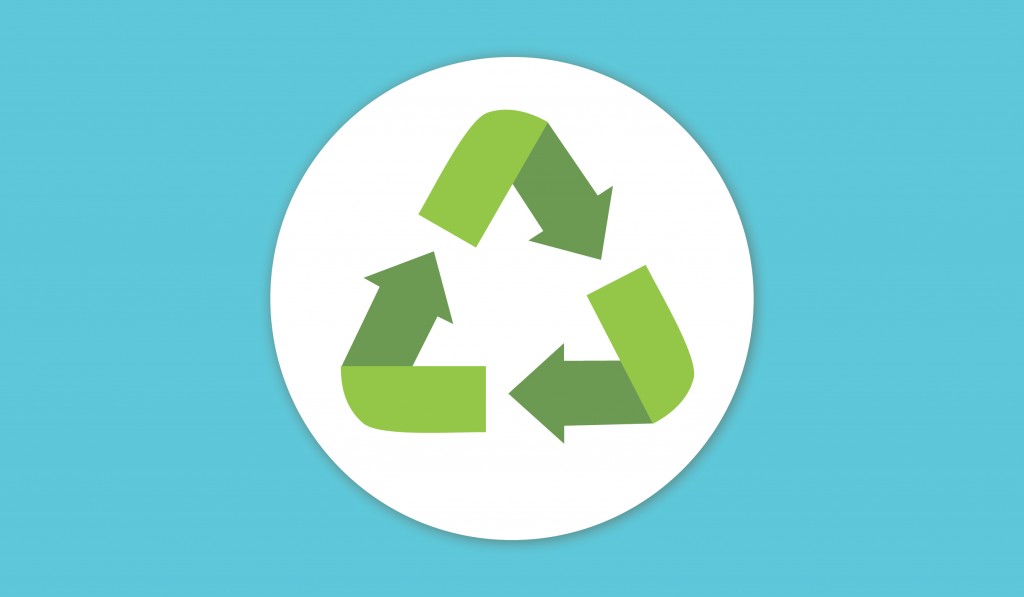Production at Kazakhstan’s only tire recycling plant has begun rolling again after being shut down for two years.
 The German equipment and technologies used at the plant allow up to 32,000 tons of raw material to be processed annually. While the plant was offline, Kazakhstan’s environmental regulations underwent considerable changes. This simplified the plant’s operations because before that it was easier to burn used tires than recycle them.
The German equipment and technologies used at the plant allow up to 32,000 tons of raw material to be processed annually. While the plant was offline, Kazakhstan’s environmental regulations underwent considerable changes. This simplified the plant’s operations because before that it was easier to burn used tires than recycle them.
Because the plant was out of commission for two years, the company could not pay its debts. In order to actualise the project, a loan of more than $6.5 million from the Development Bank of Kazakhstan was taken. The Baiterek Holding and the National Chamber of Entrepreneurs decided to write off 330 million tenge (US$1.78 million) of the plant’s debt as part of the restructuring programme.
In processing used tires, the plant produces three products: rubber crumbs, high-alloy steel and rayon. The rubber crumbs are used to cover playgrounds and sports fields, stadiums and artificial turf. They are also used in the production of railroad crossing plates, manhole covers, pavement and more. The company currently employs 25 people. The plant is looking to expand its staff to 90 employees.
According to recent statistics, around 300,000 tires are disposed of in Kazakhstan every year. Experts say that the launch of such plants has positive environmental impact. A single tire needs 150 years to decompose; the recycling process reduces man’s effect on nature. Also, with the number of cars in the country increasing every day, the plant’s reopening means that the country will be unlikely to see a raw material shortage.
